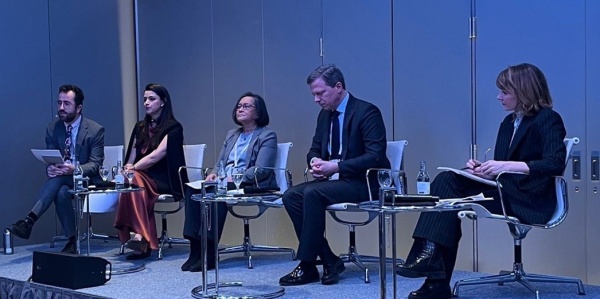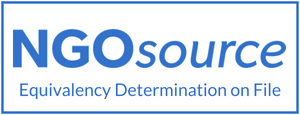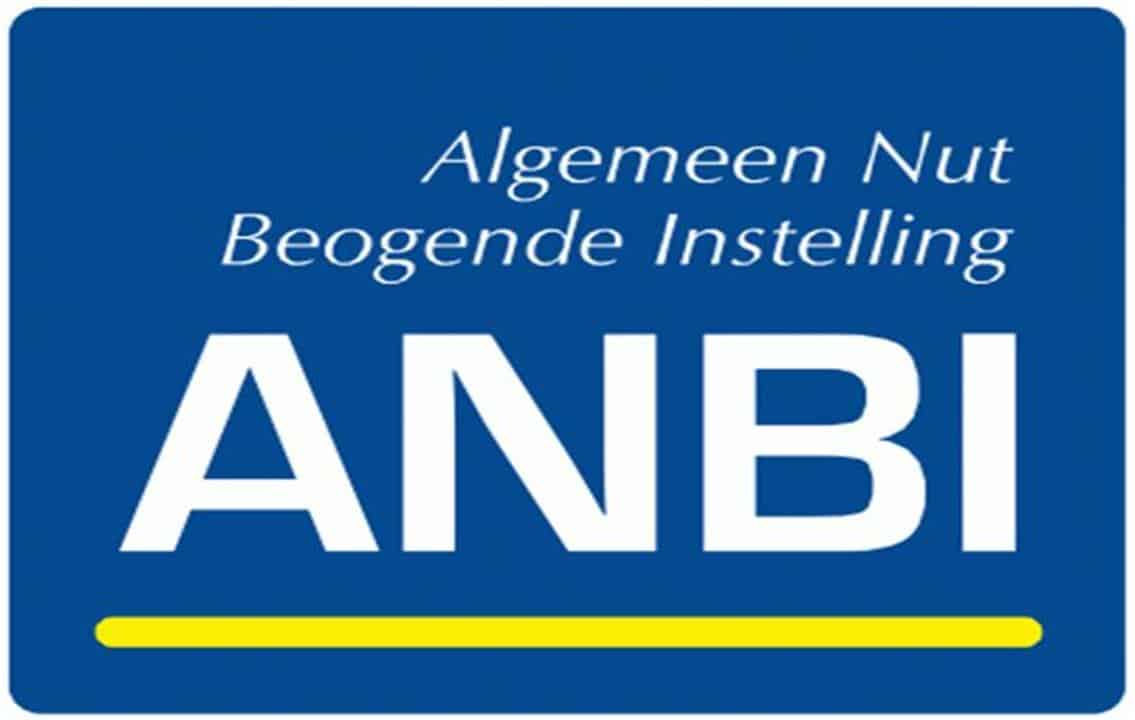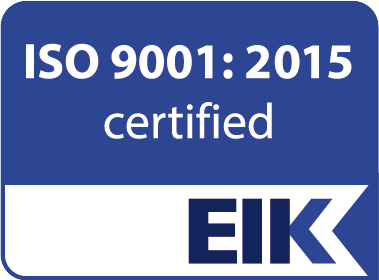On February 13th, the 4th No Money for Terror Ministerial Conference on Counter-Terrorism Financing convened in Munich, bringing together global experts to discuss and develop strategies to counter financing terrorism (CFT).
As part of the event, Human Security Collective Executive Director Lia van Broekhoven joined FATF President Elisa de Anda Madrazo, Wolfsberg Group Executive Secretary Ned Conway, and European Banking Authority AML/CFT Head Carolin Gardner in a panel on "Financial Inclusion and the Risk-Based Approach." Moderated by Stephen Reimer from the RUSI Centre for Finance and Security and Adjunct Professor at Sciences Po, the discussion focused on balancing security measures with financial access, particularly for non-profits.
The panel explored the operational implications of FATF Recommendations 1 and 8. Recommendation 1, which establishes the Risk-Based Approach, requires countries and financial institutions to assess and mitigate risks in a proportionate manner. A well-implemented RBA ensures that low-risk entities, such as many NPOs, are not disproportionately burdened. Recommendation 8, which addresses the protection of NPOs from terrorist financing abuse, explicitly acknowledges that NPOs are not inherently high-risk and that regulations should be targeted and proportionate, rather than imposing broad restrictions that disrupt legitimate activities.
Despite these well-intended measures, the discussion highlighted the unintended negative consequences of CFT regulations on civil society, particularly de-risking practices by banks. These practices, often stemming from poorly executed national and sectoral risk assessments, have posed significant challenges for humanitarian and development organizations. Lia van Broekhoven shared compelling cases that illustrated how these measures have disrupted humanitarian and development operations, forcing some organizations to rely on informal or unregulated financial channels. The conversation underscored the need for clearer regulatory guidance and stronger engagement with NPOs in risk assessments to ensure compliance measures do not hinder legitimate work.
As the conference concluded, there was a shared call for a more proportionate and balanced approach to FATF standards. The audience was encouraged to take inspiration from countries where NPO engagement in risk assessments has led to a more focused and proportionate application of FATF standards, ensuring a balance between human rights and financial integrity.





